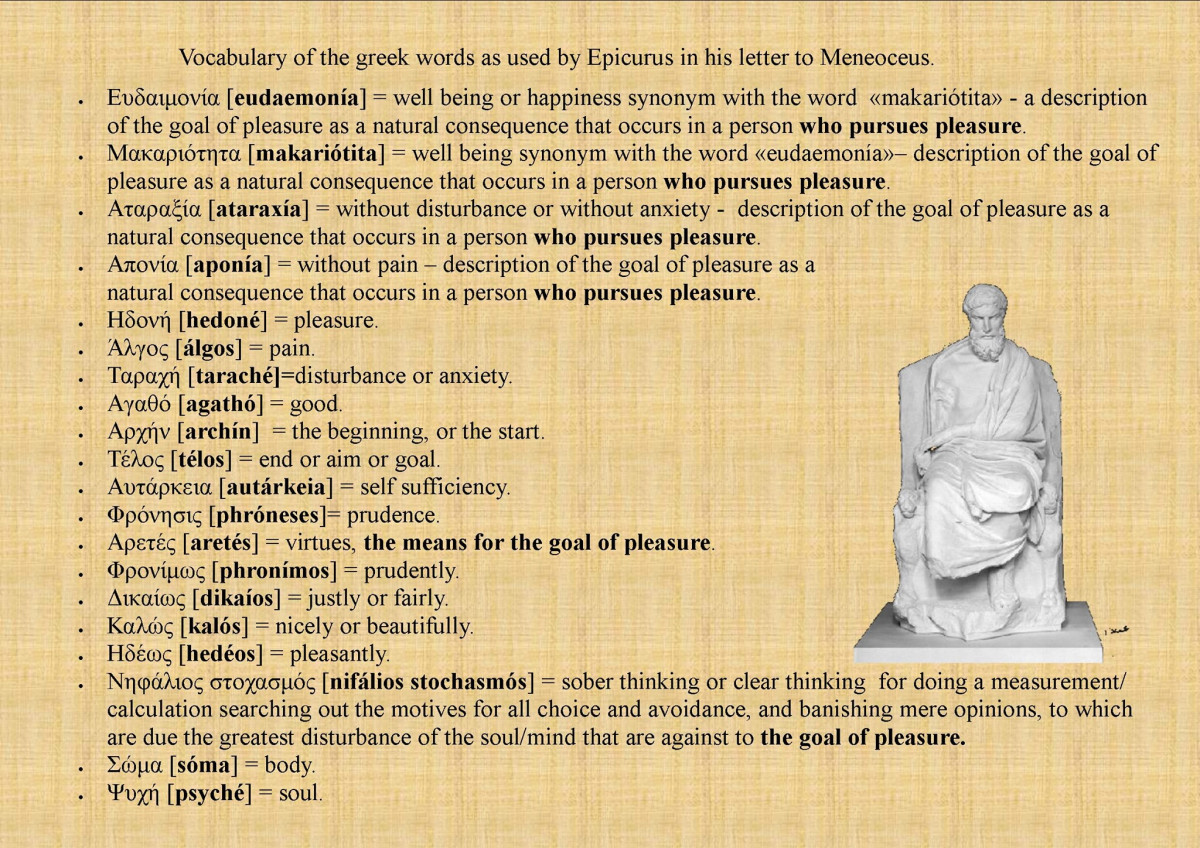The questions involved in this thread came up tonight in our "First Monday / New Member" meeting. To some extent the question comes down to:
Is it useful at all -- is it possible at all - to think in terms of a "total experience" or "net experience" and then break down that experience into discrete pleasures and pains that fall one one side of the balance vs. the other side?
I think most of us agree that it is impossible "mathematically" or "in precise quantity" to "measure" individual pleasures and pains.
On the other hand, I think most of us would also admit that there is a sense in which we are continually doing exactly that: we are looking at situations and deciding what to choose and what to avoid based on what we expect to happen in terms of more pains or more pleasures.
So I post this to suggest that we have more work to do so that people on both sides of these issues can bridge the gap between what we do in real life (where we do weigh pleasures against pains) vs the limitations of a mathematical model.
How do we sufficiently explain the limits of such a model while also getting the benefits that should come in visualizing the practical choices we have to make in life?


